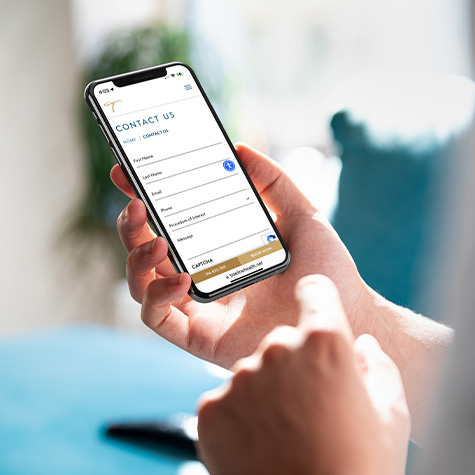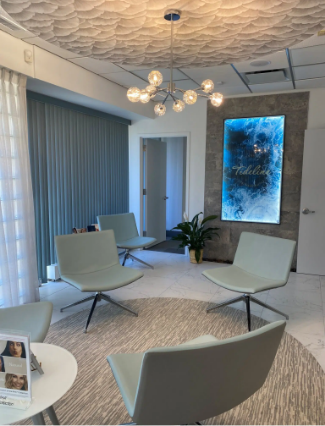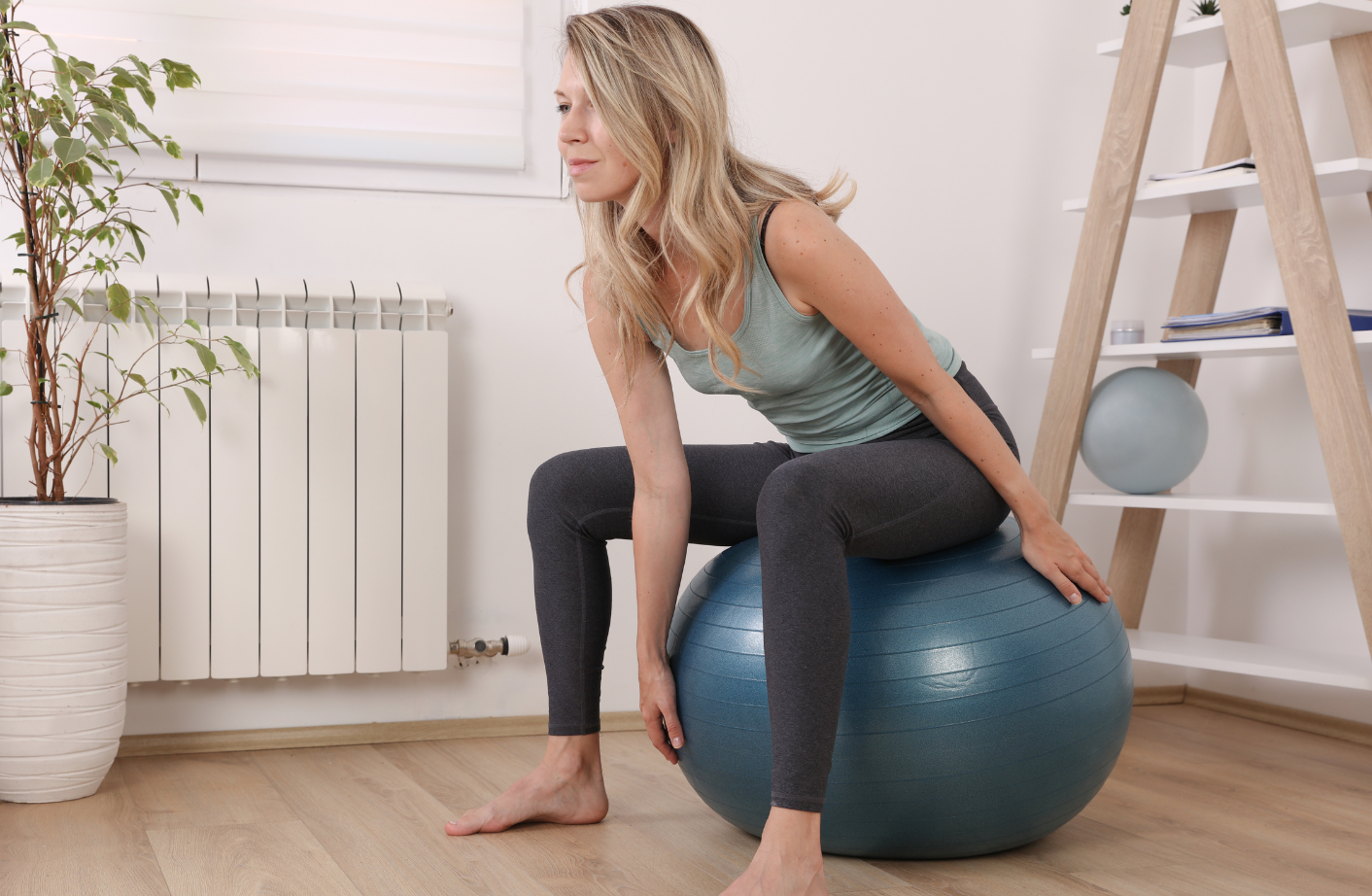
Hormone fluctuations as we age are normal, but if you are experiencing severe symptoms and health concerns from your hormonal changes, you may want to consider hormone therapy. We offer two main types: systemic hormone therapy and vaginal hormone therapy.
What is Hormone Therapy?
Hormone therapy is a treatment that alleviates perimenopause or postmenopause symptoms caused by hormone fluctuations. Three main types of hormones used in hormone therapy are:
Estrogen
Estrogen is often considered the “female hormone” because it plays a vital role in the development of female characteristics, such as the breasts and pubic hair, and it maintains the reproductive system. It is commonly used in hormone therapy to alleviate symptoms like night sweats, hot flashes, vaginal soreness, vaginal burning or irritation, and pain during intercourse.
Progesterone
Progesterone is a hormone released by the ovaries so when progesterone levels are unbalanced, abnormal menstrual periods and menopausal symptoms develop. Progesterone is commonly combined with estrogen to produce a systemic therapy since progesterone regulates the effects of estrogen.
Testosterone
Testosterone may be associated with men, but it is also produced in the ovaries of women. Women with low testosterone may have a decreased sex drive, fatigue, loss of muscle mass, and reduced red blood cell production. Testosterone is often combined with estrogen in hormone therapy.
What’s the Difference Between Systemic and Vaginal Hormone Therapy?
Systemic hormone therapy delivers hormones into the bloodstream through injections, pills, patches, creams, pellets, or sprays. Estrogen, progesterone, testosterone, or a combination of these hormones can be delivered to improve menopausal symptoms like decreased sex drive, painful sex, night sweats, hot flashes, loss of muscle or bone mass, and low energy.
Vaginal hormone therapy is intended specifically for vaginal conditions like vaginal dryness, painful sex, decreased vaginal elasticity, or thin vaginal walls. Estrogen cream or inserts are used to treat these conditions.
Do Systemic and Vaginal Hormone Therapy Hurt?
Methods used for vaginal hormone therapy are completely non-invasive and will not hurt. Most treatments for systemic hormone therapy are also non-invasive but there are a few minimally invasive options like injections and pellet therapy. Pellet therapy requires a tiny incision, but the pain is minimal since a numbing cream or local anesthetic is applied at the start of treatment.
Schedule an Appointment
Menopause doesn’t have to be uncomfortable and our team at Tideline Center for Health & Aesthetics is here to help. Schedule an appointment today to learn more about hormone therapy and develop your customized treatment plan.
Our blog
Back to all blogs
Contact us today
Please fill out the form below, and someone will respond shortly. You can also call 516-833-1301 with any questions you may have.








